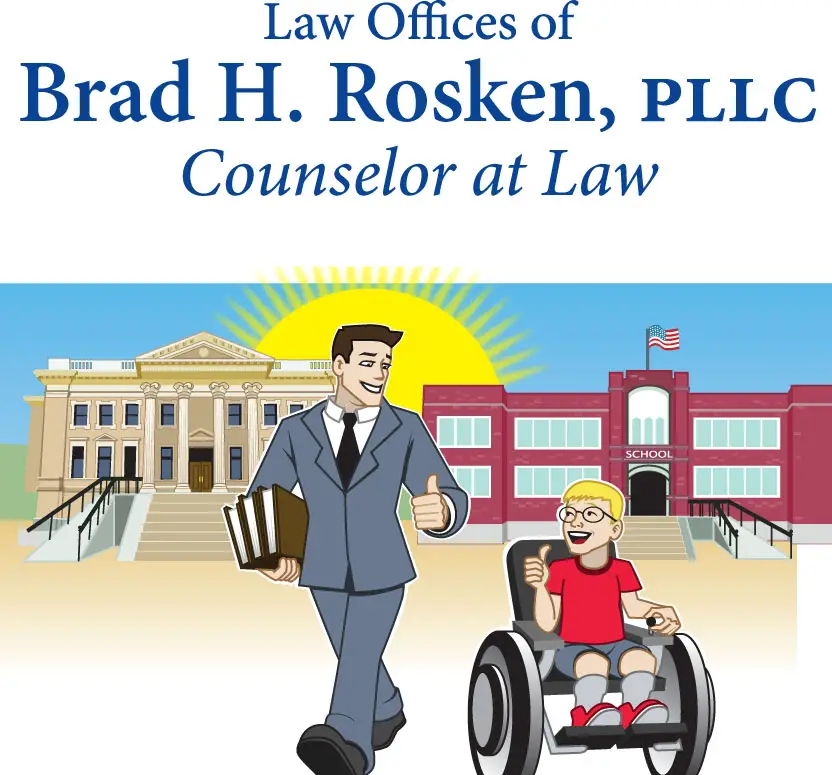
How to Plan For Your Child With Special Need's Future
Parents of children with special needs must plan for the years ahead in important ways. Here’s where to begin.
Get kid-friendly activities sent to you!
Get the Best Kid-Friendly Activities
Sent to You Weekly!
Try to set up a budget for your dependent’s needs, so you can get a rough estimate of what those expenses would be. “Once you have an idea of how much money will be needed for him or her, then you can evaluate how you are going to fund that need in a trust,” Collier says.
Guardians and Trustees
Consider carefully who will be the people to provide support for your child, Gildin urges. “Some adults with disabilities will require a guardian who has the legal ability to make decisions for him or her, while someone [else] may need to act as a trustee to oversee the special needs trust,” Gildin says. She encourages parents to involve their child in this planning process as much as is practical.
Trustees have complete control of the finances and assets in the SNT. Parents do not need to give this control over to one relative or close friend; they can choose co-trustees instead. Peretz recommends three: “This will avoid the autonomy associated with having one trustee appointed, and the potential for deadlocks between an even number of trustees,” she explains.
RELATED: Read the latest issue of Special Parent today!
Guardians, rather than controlling the financial side of your child’s life, will make decisions such as living arrangements, doctor selection, and transportation arrangements. Although it can be helpful if a trustee is also the guardian, Peretz notes, it’s quite possible that a person perfectly suited to making financial decisions isn’t necessarily the ideal caretaker. If you do decide to split up those responsibilities, make sure the respective parties’ temperaments and perspectives on such practical matters jibe. You may love and trust both your sister and your childhood best friend, but if the two don’t usually see eye-to-eye, it may not be wise to pair them in these important roles.
Your Will, Power of Attorney, and Health Care Proxy
Your will is where you name your child’s trustee(s) and guardian. Once you decide on them, it is crucial to consult your attorney to make sure your will is executed properly, and any and all beneficiary designations are spelled out as they should be, Collier says.
A durable power of attorney appoints the individuals who can act on your behalf while you are still alive. “This is a very powerful tool to ensure that your child is taken care of should you become incapacitated,” says Nadine Gordon Lee, a certified financial planner with the Colony Group Family Offices in Manhattan and Armonk. For much the same reason, it’s smart to have health care proxies and related directives in place, she adds.
Properly Executed Life Insurance
Parents should make sure life insurance will be payable to the special needs trust, not directly paid out to the child, which could negate any government benefits due him or her. Lou Cannataro, partner at Cannataro Park Avenue Financial in Manhattan, advises purchasing separate life insurance policies for the spouse and any other children in the family. He points to “second to die” coverage as the most efficient life insurance for this type of situation. “Second to die is one policy that covers both parents. There is no payout until the second parent dies, for typically this is when the child is truly on their own.”
Planning for a child’s future is important for all parents, but for parents of a child with special needs, the conversation is taken to another level. “We all nurture and plan for our child with the hope that our responsibility wanes once they begin to build their own lives,” Cannataro observes. “For parents with a [child with special needs], this role never ends.” So, while thinking ahead to a time when you won’t be able to care for your child as you do now is unsettling, even overwhelming, the best thing you can do for your child, and your own peace of mind, is to get started now.









